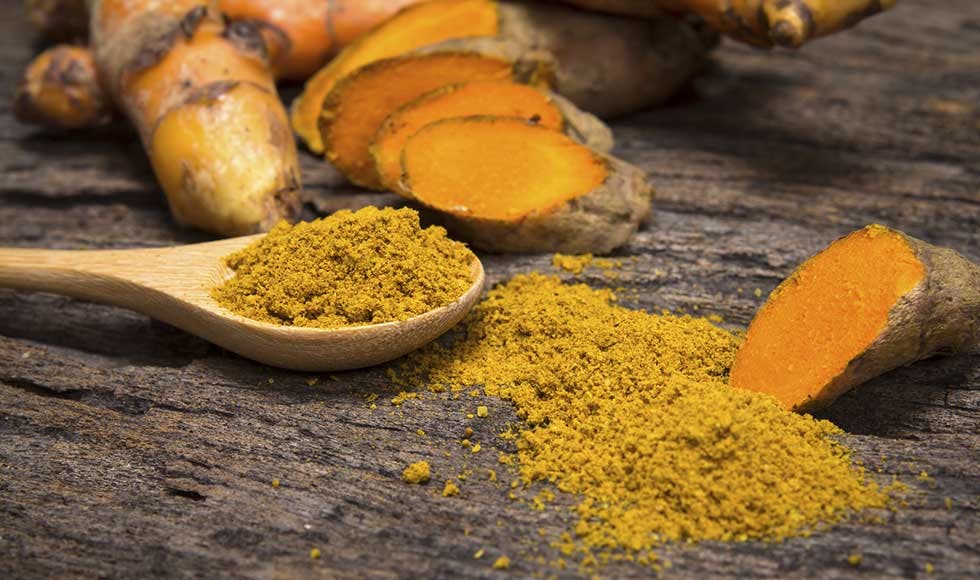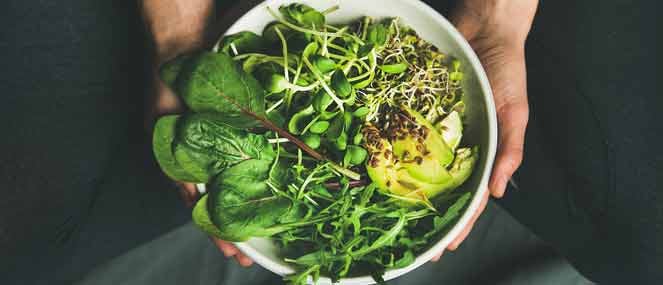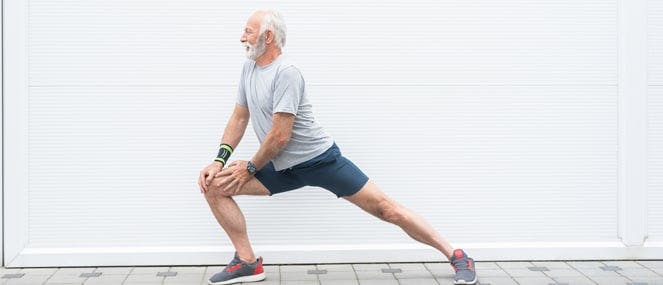Being overweight isn't just bad for your heart and your sugar levels.
It also places extra stress on your weight-bearing joints, such as the ankles, knees and hips. And it may put you at risk of suffering from osteoarthritis, because it accelerates the wear and tear of the cartilage in your knees.
There's also overall bone health to consider. Research has found that the bones of people with high levels of body fat can be 8 to 9 per cent weaker compared to those of normal body fat.
And if you've had surgery on weight bearing joints, being overweight can slow down your recovery process. According to findings presented at a conference by Mayo Clinic orthopaedic surgeons in 2009, very overweight patients undergoing a hip or knee replacement were up to 50 per cent more likely to have complications after surgery. The researchers believed that patients would recover much quicker if they lost weight prior to surgery.
Lighten the load – gently
Start losing weight with low impact-exercises that build up your stamina, such as walking, swimming and cycling. Not only will these help to reduce your body weight, they could also relieve pain.
By performing these exercises at a moderate intensity, you'll minimise the stress on your joints. In fact, the right exercise program can actually be a natural pain reliever for people suffering from joint pain such as arthritis. Shorter, more frequent bouts of exercise may also help, giving any inflamed joints time to recover.
What's more, research has shown that short rests during exercise may actually burn more fat. A 2007 Japanese study compared a group of men who exercised for 60 minutes continuously with men who performed two bouts of 30 minutes of exercise, taking a 20-minute break in between. The two-bout group used much more fat as fuel, and recorded higher concentrations of fat-burning hormones than the single-bout group.
Protect your bone health
Following a healthy, balanced diet will help to supply all the essential nutrients that are vital for good bone health.
Calcium is the mineral that gives your bones strength, and is found in dairy foods, eggs, almonds and sardines. It is also available in supplement form. Glucosamine has also been shown to reduce joint inflammation and swelling, and provides temporary relief of joint pain with osteoarthritis.
Warning – If it hurts, stop
The maxim ‘no pain, no gain' doesn't apply if you're very overweight or unfit. Stop immediately if your physical activity is causing severe pain. This is your body's way of saying that something isn't right, and shouldn't be ignored. On the other hand, minor pain could mean that you need a short rest, an adjustment in posture or technique, or a different type of activity. See your healthcare professional if you have any concerns.






